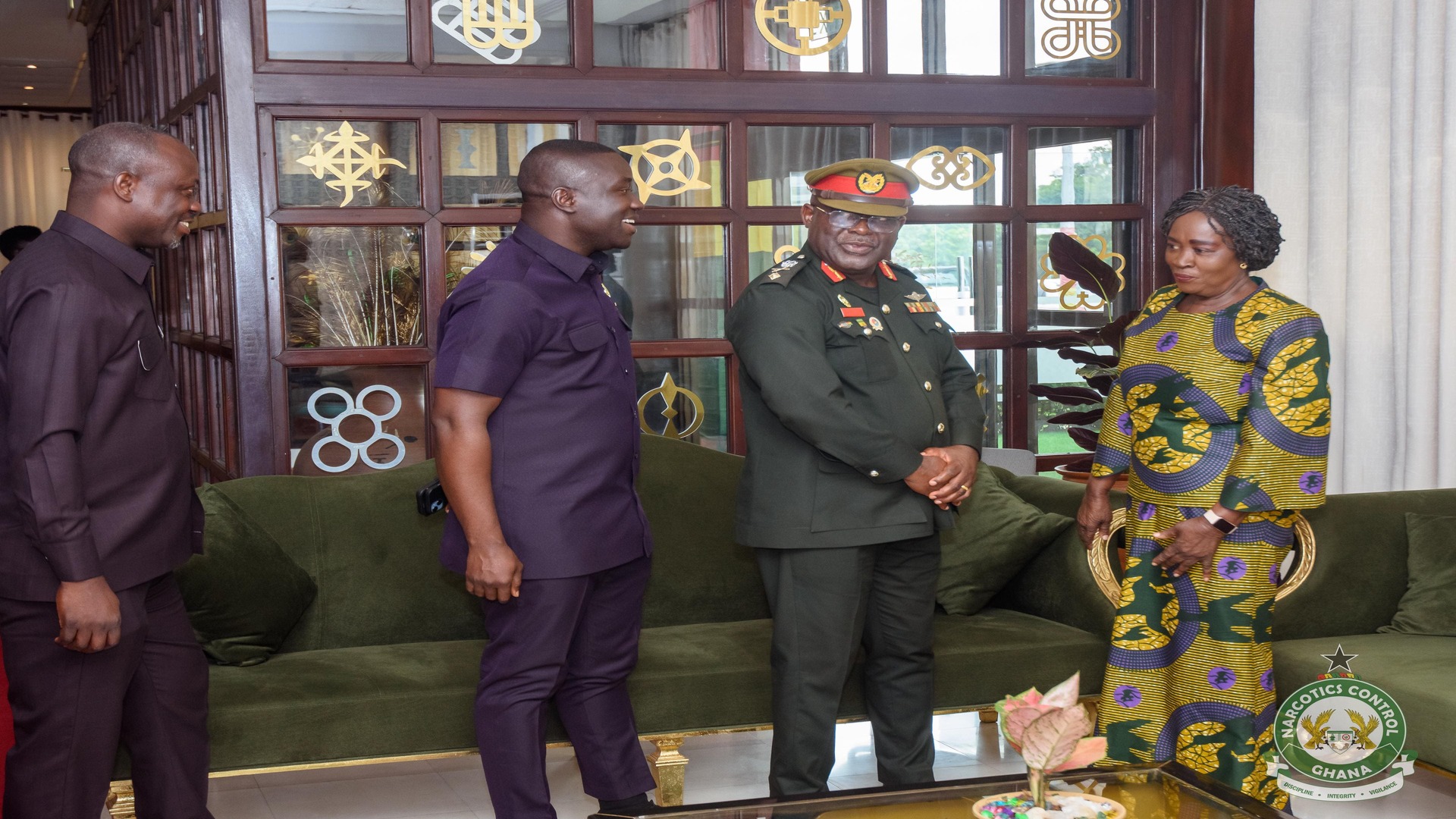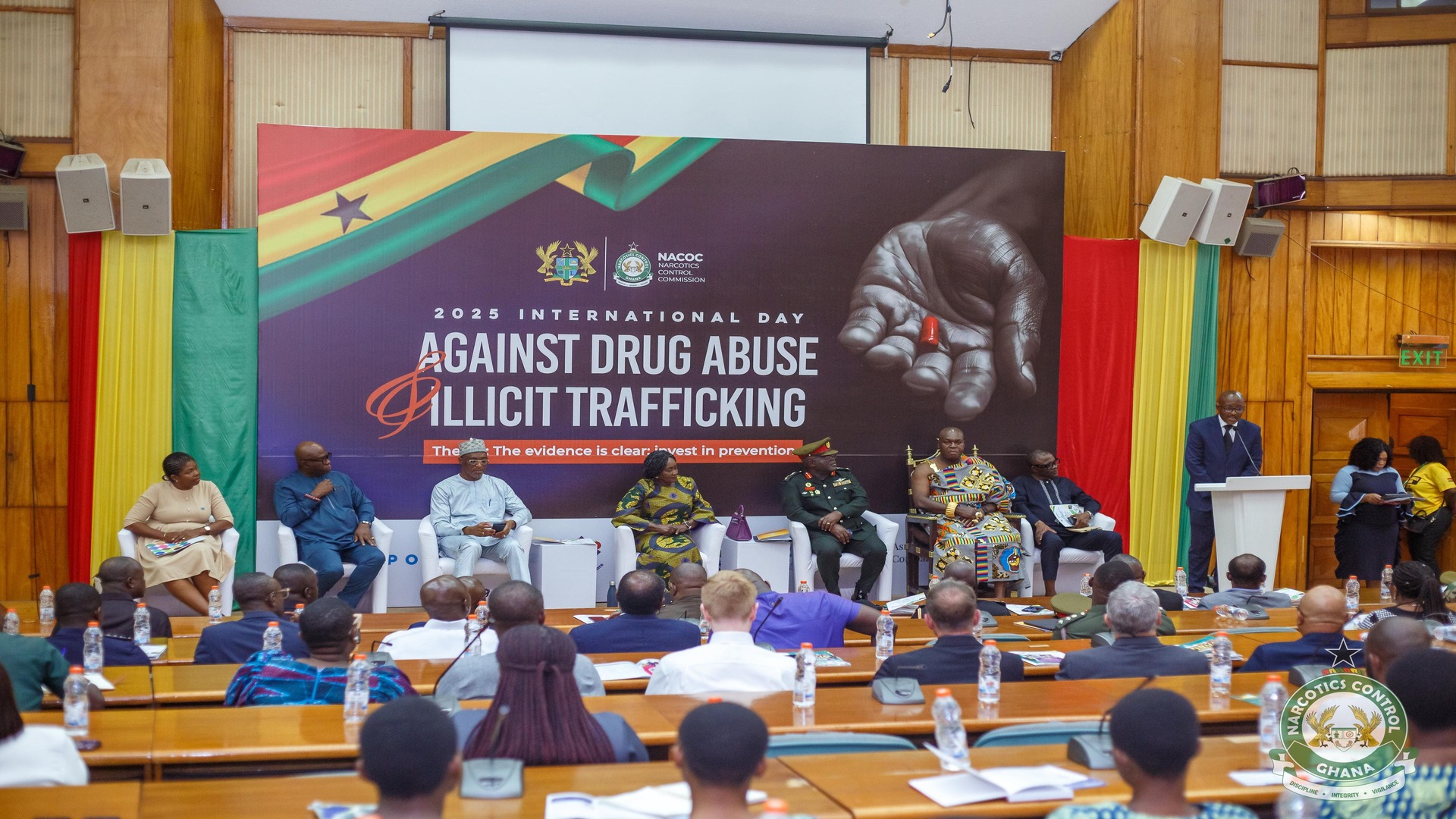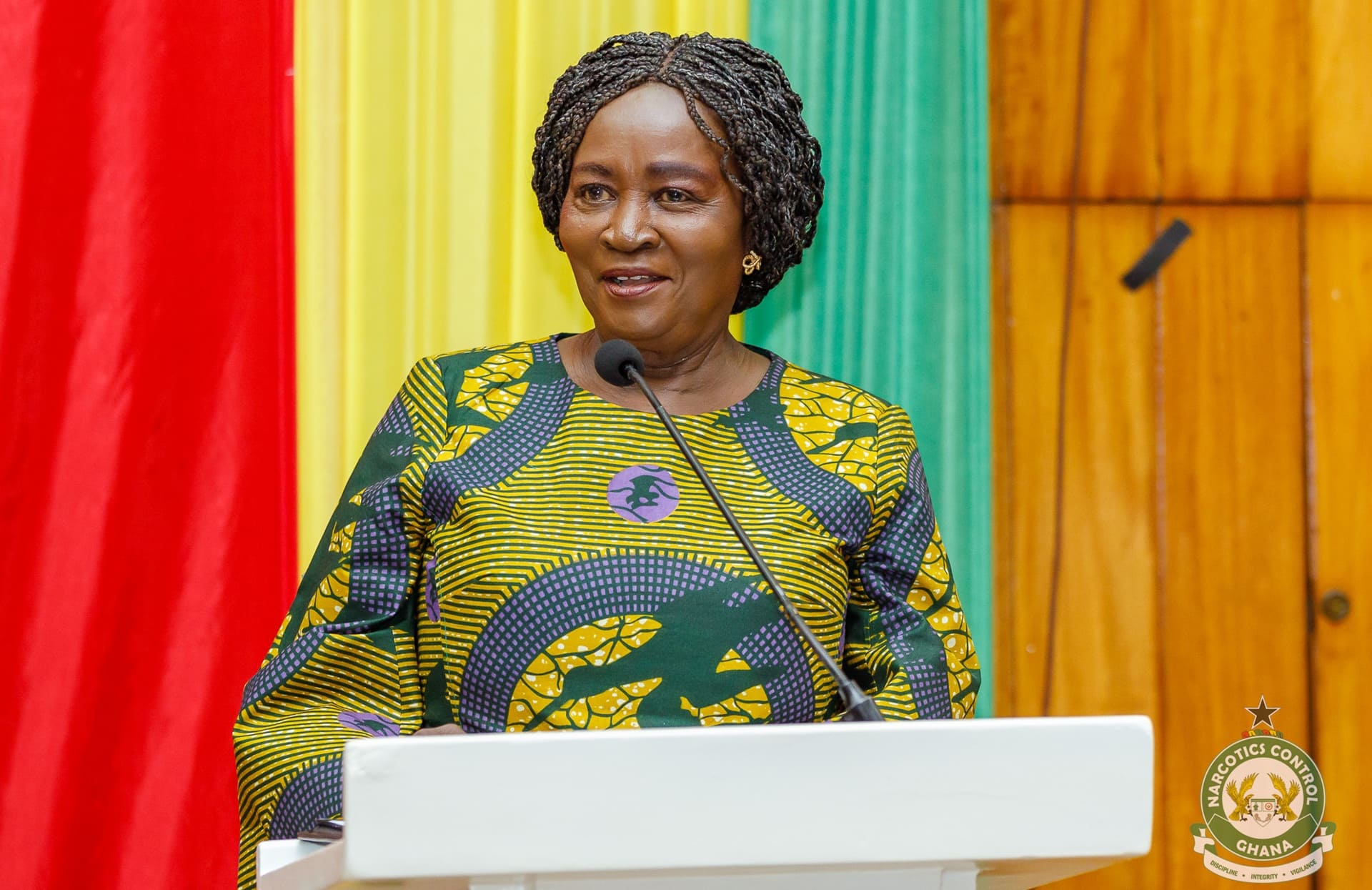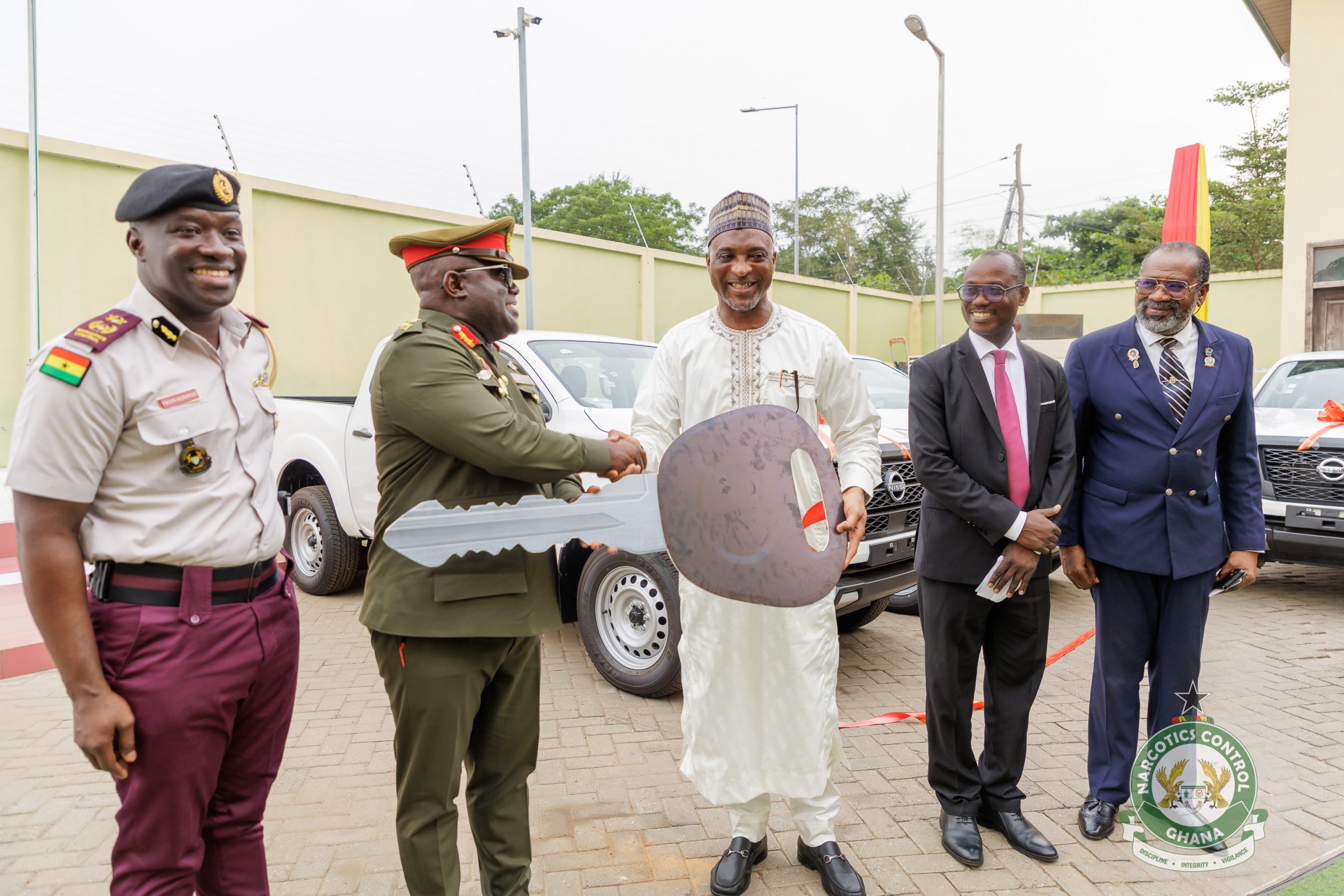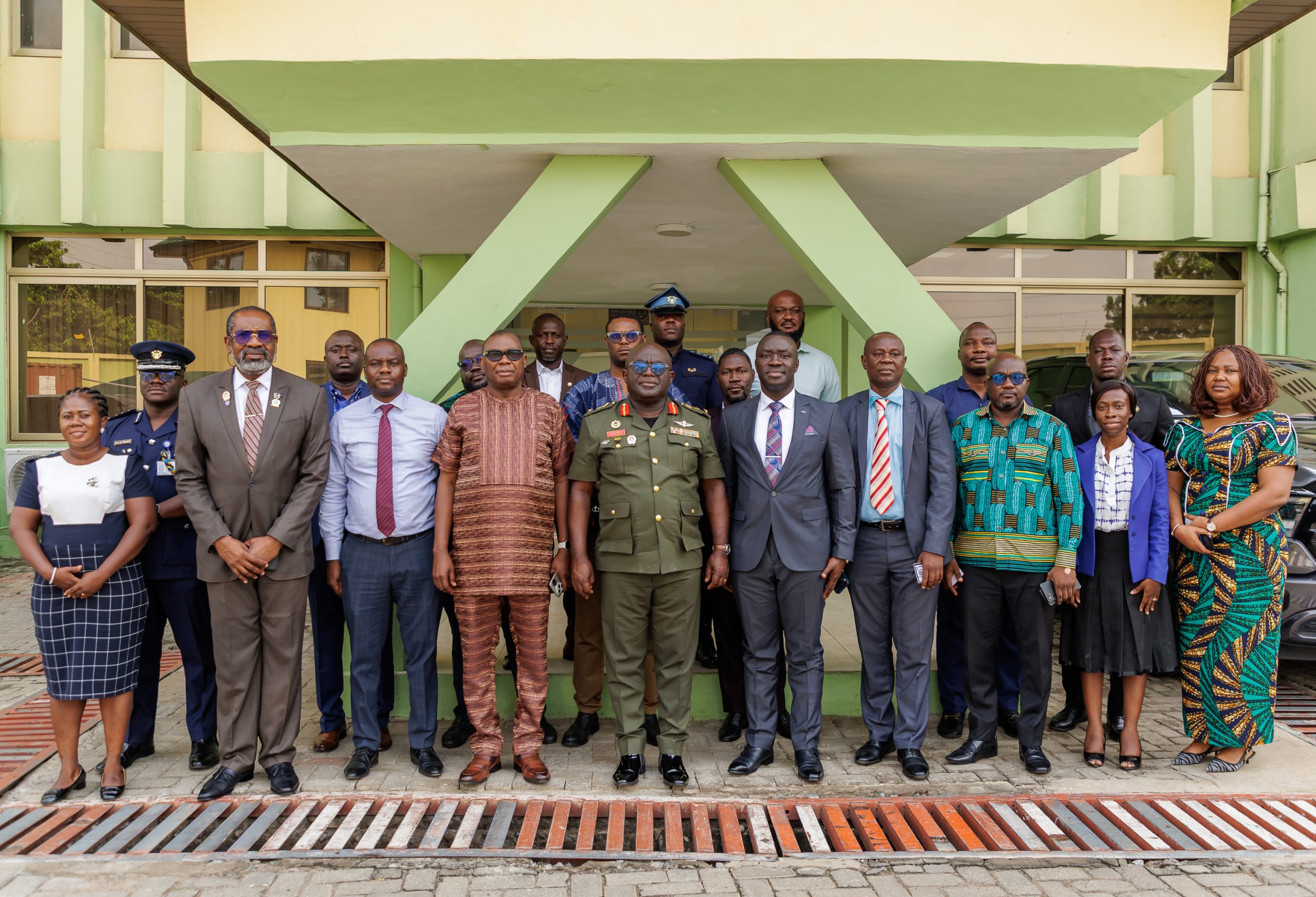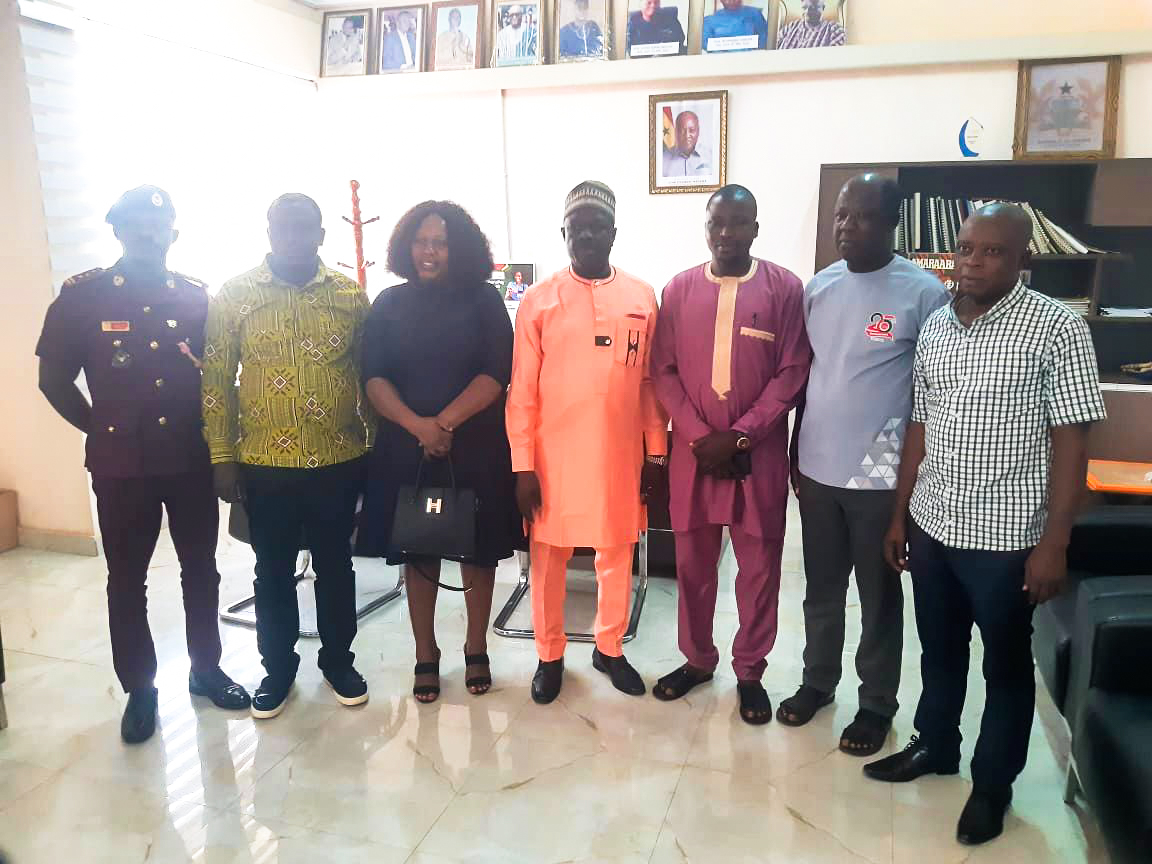The Vice President of the Republic of Ghana, Professor Jane Naana Opoku-Agyemang, has praised NACOC’s administration and staff for their devotion to combating illicit drug trafficking and consumption.
She noted that the Commission’s aggressive approach to combat the country’s drug trafficking problem is commendable and promising.
Prof. Naana Jane Opoku-Agyemang made these remarks during this year’s commemoration of the International Day against Illicit Drug Trafficking, also known as World Drug Day, under the theme “The Evidence is Clear: Invest in Prevention,” emphasising that NACOC’s contributions to combating drug abuse and illicit drug trafficking across the country remain positive and encouraging.
She cited successes such as the capture and destruction of over 16 metric tonnes of seized narcotic substances on June 20, 2025, as strong evidence of the Commission’s management and staff’s devotion and integrity.
She emphasised that “every gram destroyed could potentially save a life.” Let us assist the Commission and its affiliated institutions by providing the tools, training, and resources required to keep ahead of these growing dangers.”
The government has demonstrated its commitment to investing in realistic, preventive strategies to address the underlying causes of drug misuse. She noted that Ghana has proved its will to stem the flood of drug misuse and dismantle the networks of trafficking and organised crime that fuel it.
Professor Jane Naana Opoku-Agyemang emphasised that Ghana has made tremendous progress in the fight against traditional narcotics such as cocaine, heroin, and cannabis through demand and supply reduction strategies.
The Chairperson of the event, Odeneho Kwafo Akoto III, Akwamu Hene, stated, “Just like the menace of illegal mining (Galamsey), drug abuse poses a public health issue, a security threat, and an impediment to sustainable development.” He stated,
“It is my sincere hope that the occasion of World Drug Day will remind us to say ‘NO’ to illicit drugs at all times. It will remind us and all stakeholders, particularly those in positions of responsibility and authority, that prevention is more than just saying “NO”; it is also about developing alternatives.
It is about education, opportunities, support systems, and deeper collaborations to cultivate a culture in which our people feel appreciated, heard, and empowered.”

